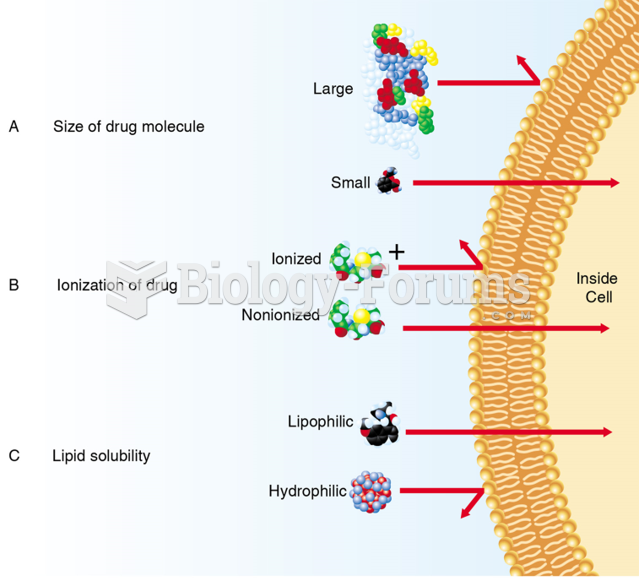Answer to Question 1
Correct Answer: 1,2,3,4
Rationale 1: Several agents, including vitamins, have been investigated for their possible benefit in delaying the progression of Alzheimer disease.
Rationale 2: Several agents, including NSAIDs, have been investigated for their possible benefit in delaying the progression of Alzheimer disease.
Rationale 3: Several agents, including ginkgo biloba, have been investigated for their possible benefit in delaying the progression of Alzheimer disease.
Rationale 4: Several agents, including estrogen, have been investigated for their possible benefit in delaying the progression of Alzheimer disease.
Rationale 5: Several agents have been investigated for their possible benefit in delaying the progression of Alzheimer disease. Antihistamines are not one of these agents.
Global Rationale: Several agents, including vitamins, NSAIDs, ginkgo biloba, and estrogen, have been investigated for their possible benefit in delaying the progression of Alzheimer disease. Antihistamines are not one of these agents.
Answer to Question 2
Correct Answer: 1,2,3
Rationale 1: This is a goal of pharmacologic therapy for multiple sclerosis.
Rationale 2: This is a goal of pharmacologic therapy for multiple sclerosis.
Rationale 3: This is a goal of pharmacologic therapy for multiple sclerosis.
Rationale 4: This is not a goal of pharmacologic therapy for multiple sclerosis.
Rationale 5: This is not a goal of pharmacologic therapy for multiple sclerosis.
Global Rationale: The goals of pharmacological therapy for a client with multiple sclerosis include modifying the progression of the disease, treating acute exacerbations, and managing symptoms. Curing the disease and remyelinating nerve fibers are not goals of pharmacologic therapy for multiple sclerosis.







